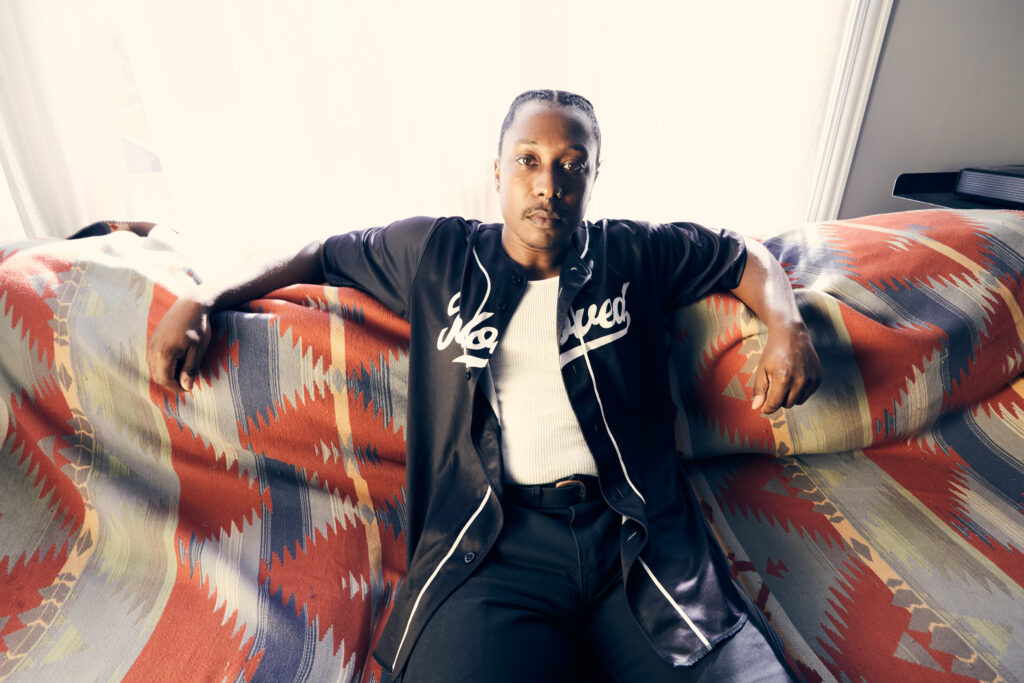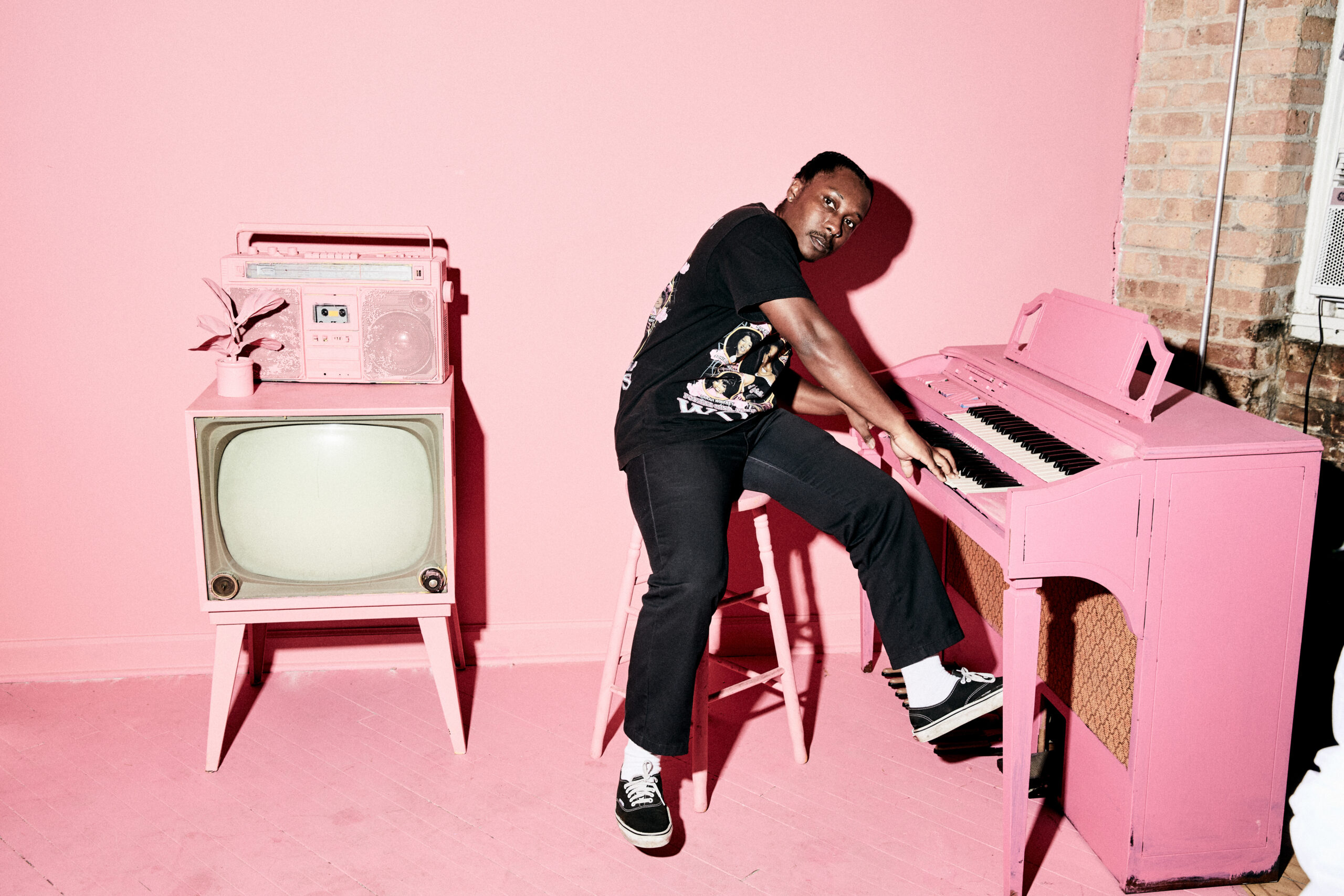McKinley Dixon spent his childhood and adolescence searching for community. The rapper and poet bounced back and forth between Maryland and Queens, New York as a child, feeling untethered from both, alienated and in need of a community with whom he could share his passion for art and creativity. Dixon found that scene in Richmond, Virginia as a college student, where he began releasing conceptual rap albums with dizzying couplets and dusty, soul-sampling backpacker beats.
The 28-year-old released his first EP in 2013 while in Virginia, and quickly developed a small but supportive audience and a cast of collaborators that began to populate each of his projects. Dixon moved to Chicago three years ago, where he became an integral part of its budding underground rap scene, releasing For My Mama and Anyone Who Look Like Her in 2021. It seemed like the world he had spent so much of his life looking for was finally appearing before him.
“The DIY scene is so connected in Chicago, you can’t really maneuver through the city doing what I do without making connections with people that already live there,” Dixon says during a Zoom call. “Otherwise, no one comes to my shows.” This necessity became a lifeline for Dixon, who uses his albums as both deeply personal, autobiographical experiences, and an opportunity to work with his friends, who he also considers his favorite artists.

For My Mama gave Dixon the confidence to craft Beloved! Paradise! Jazz!?, an album named after three seminal Toni Morrison novels. Like her work, it’s an album that wrestles with memory, Black art, and the celebration of friendship.
“It’s full of moments that are tender and joyful in the face of life’s pain,” he says.
Dixon has been dreaming up this project for a long time. However, due to its loose affiliation with Morrison, he had to get to a place where his vision cohered with his talent. “I just needed to get to the point of my musical career where I could do this album and it didn’t sound like shit,” he says. When reckoning with generationally important work, even inserting oneself in the conversation is a bold, audacious decision. “If two albums ago I made Beloved! Paradise! Jazz!?, it would have been disrespectful to her. It takes time. Everything takes time. I had to get better.”
Though Dixon’s work is singular in its creative blend of rap and poetry, it’s bolstered by the artists he invites into his orbit. Dixon’s approach to creation mirrors some of the mysticism that populates Morrison’s best work. “All these people are recurring characters on my albums, because they’re recurring characters in my life. They’re all my close friends that I came up with in one way or the other; people I met through my journeys and travels.”
It’s an album full of confidence and harrowing decisions, while still paying tribute to all of the art that created circumstances for this work to exist. It’s a testament to community and friendship, validation of the world Dixon has spent years dreaming up and eventually organizing. The album is, “a coming of age movie for young Black kids,” Dixon explains, much in the way Morrison’s work was for him and so many others.





